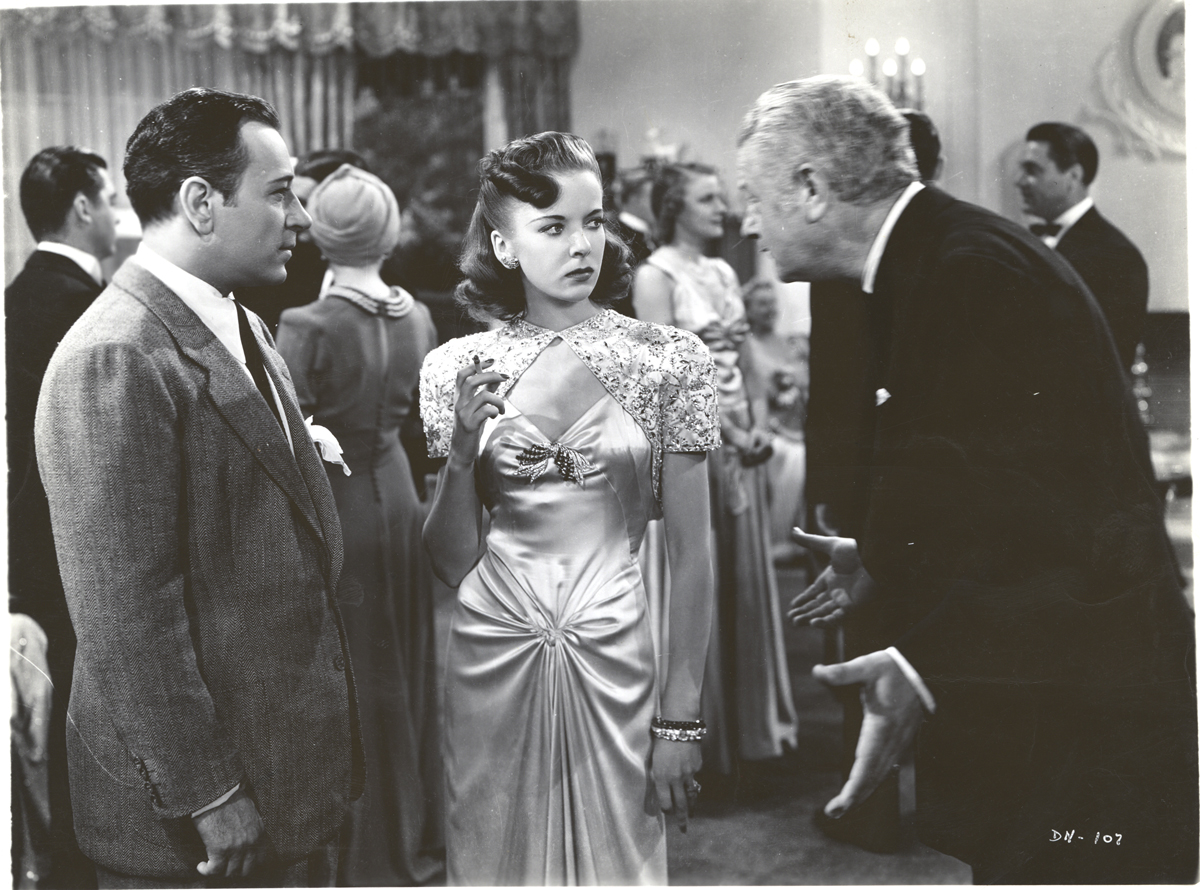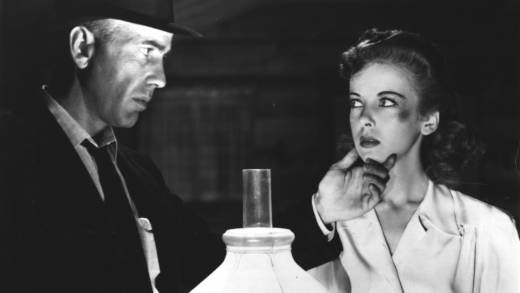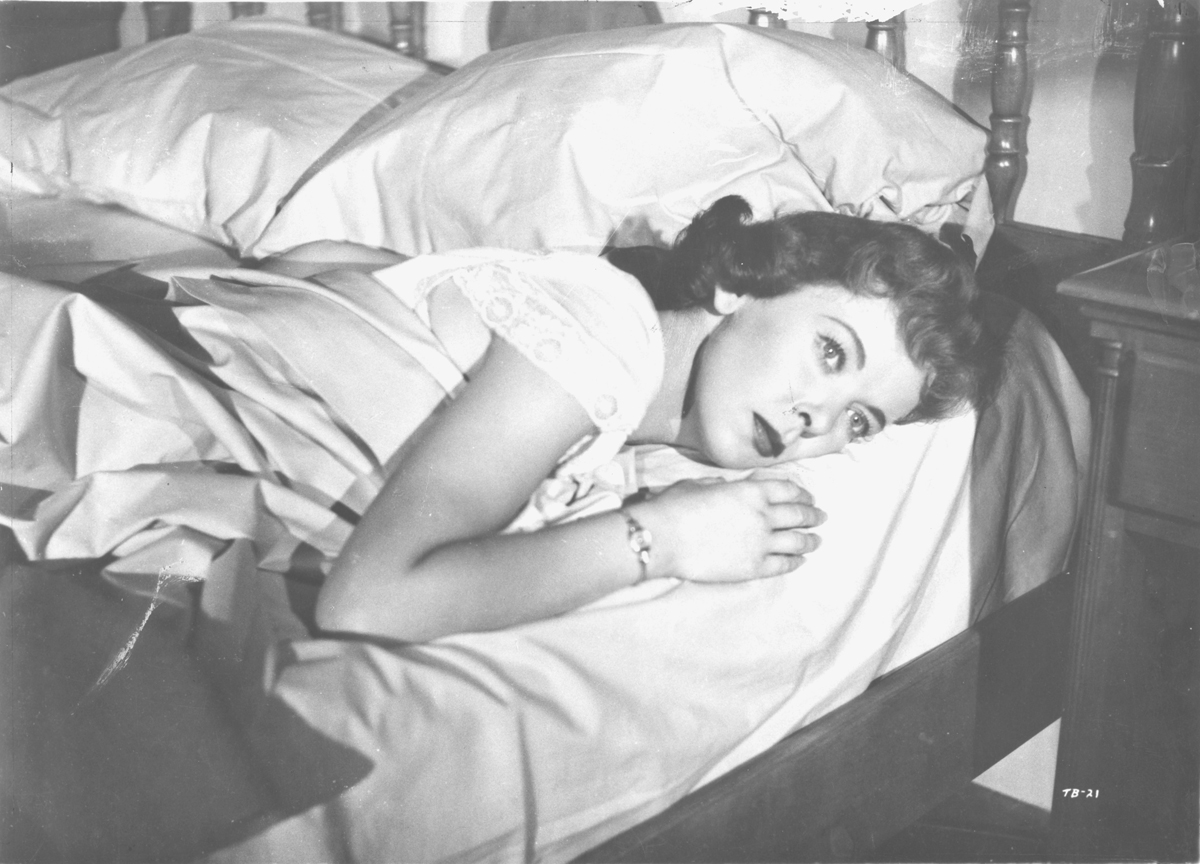Smart money says Ida Lupino never fell for a Hollywood ending. Acting was her family’s trade, and she was pushed into movies early, cast as an adolescent minx in a few British productions before getting gobbled up by Paramount and Warner Brothers as the “poor man’s Bette Davis” — her words, and the kind of ostensibly self-deprecating remark that threatens to give the whole game away.
Of Hollywood’s factory line, she reported: “Boredom sets in, which is a bad thing.” Remarkably, she did something about it: first turning down a long-term acting contract and then striking out with husband Collier Young to form the independent production venture for which she would direct a handful of fine-tuned variations on the social-problem formula.
A BAMPFA retrospective on this month and next illuminates both sides of Lupino’s extraordinary life in movies. “Bored” certainly isn’t the word for her glowering onscreen presence, though something of her confessed impatience is evident in her knack for turning a film inside out. The whole center of gravity of Raoul Walsh’s High Sierra (1941) seems to shift the moment her character imposes herself on Bogart’s seasoned stickup man in a dingy motel room. A gritty striver on the run from her ordinary, awful life as a dancer, she sizes up the heist group’s dynamics faster than any of the men, grabbing at her best chance for escape and making it stick.

Lupino’s role as a blind recluse who redeems Robert Ryan’s raging cop in Nicholas Ray’s imperishable On Dangerous Ground (1951) looks hopeless on paper, but she finds a dozen clever ways to shade the character’s self-reliance with stubborn pride, thereby mirroring the Ryan character’s alienation rather than offsetting it. And then there is her star-making performance in Walsh’s They Drive By Night (1940), where Lupino singlehandedly — and joyously — throws a wrench into a rollicking proletarian drama. Her low-rent Lady Macbeth first appears draped across her husband’s desk, playing different registers for the two men present and plainly relishing her character’s self-regard. In all Hollywood villainy, there is little to compare with the devious look her character shoots the camera after getting away with murder. Walsh sensibly cedes the entire screen to this magnificent touch of evil.
The critic Manny Farber, always attuned to the pleasure of a scene-stealing actor, applauded Lupino’s penchant for working from “the basic realization that life is hard, severe and bitter,” and this same cutting intelligence is evident in her work as a director. Lupino found freedom in constraint, working fast and cheap off the bounce of a hot-button issue or ripped-from-the-headlines yarn.




